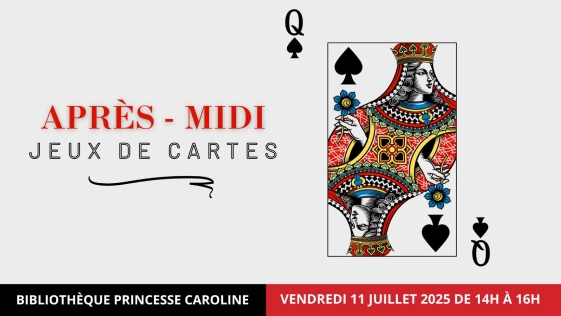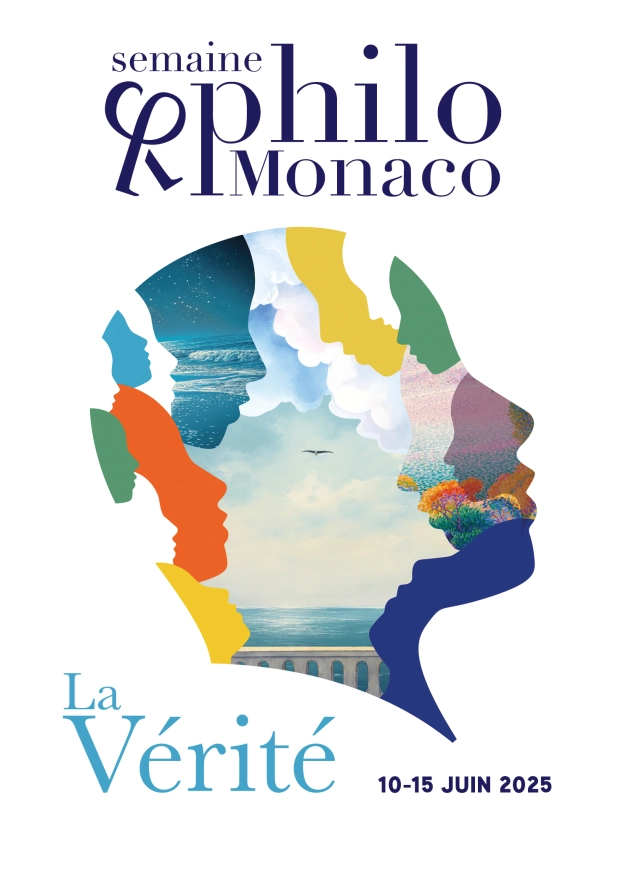
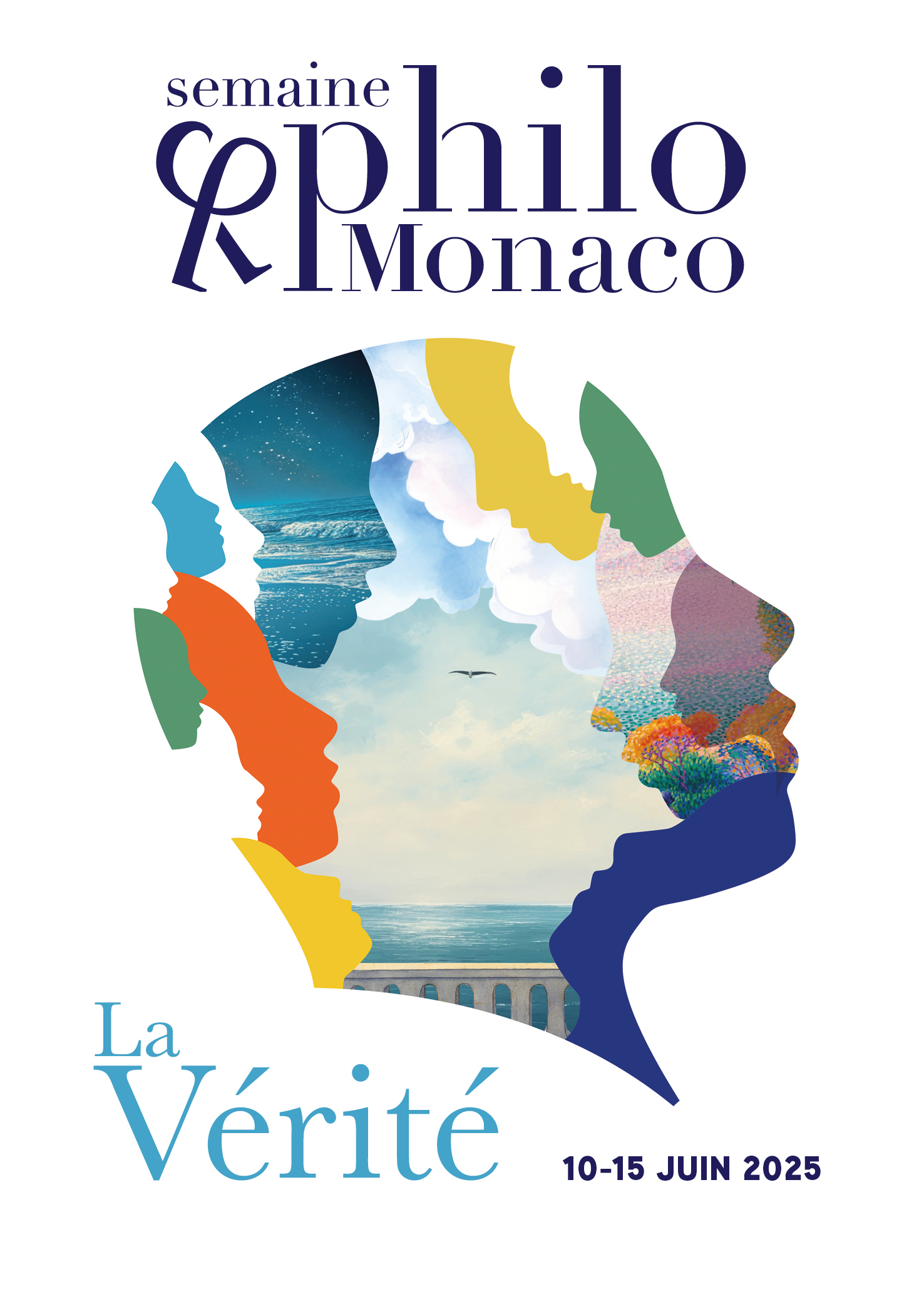
Sex, lies and screens

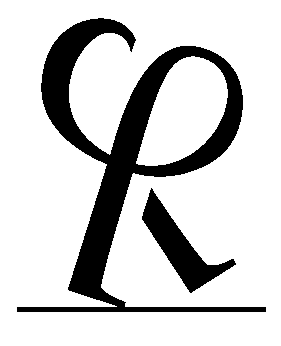
Introduction
Presented by Géraldine Muhlmann, philosopher and journalist
With Isabelle Alfandary, author and professor
Sarah Chiche, writer, psychologue clinicienne et psychanalyste
Samuel Dock, writer et psychologue clinicien
Augustin Trapenard, journalist
A screen is ambiguous. A screen can obscure something, yet if you want to see something, perhaps simply an image, a screen can reveal it; so the screen both hides and shows. Never before in the history of the world have so many eyes been glued to screens at the same time, throughout all hours of the day, and we no longer even consider that the gaze fixed on the screen can hardly see what's around it, although, in some countries, the authorities have painted the traffic signals upon the roads, since people walk around with their heads to the ground as they look at the smartphone display. If a large proportion of daily activities now take place in front of a screen, computer or laptop, it was expected that sex would take its place there, and with it, the possibility of veiling and revealing, lying and making up stories, to hoard secrets, to build up a zone of intimacy that we'd like to be inviolable (so we lock our mobile phone screens when someone arrives, we place our phones upside down on the table and mute the sound, we prevent someone else from rummaging through its contents, etc.) Although it's difficult to obtain statistical data on their use, millions of people chat sexually every day and night across all countries of the world, and if we add in the number of pornographic sites and live-streaming, dating sites, webcam sites, cybersex, role-playing games, exchanging photos and videos via phone, it could be suggested that the screen has become an essential sexual partner, for those with sexual partners and those without. The smartphone is a particular one because it is already an object of pleasure (how else would it be so popular?) and because it has opened up new forms of seduction, love and sexuality, certainly diminishing the sensual roles of tact, taste and smell, but considerably increasing the erotic power of hearing and voice. Will this be enough?
Informations
Similar events

Raconte-moi...un conte sur les animaux + 4 ans
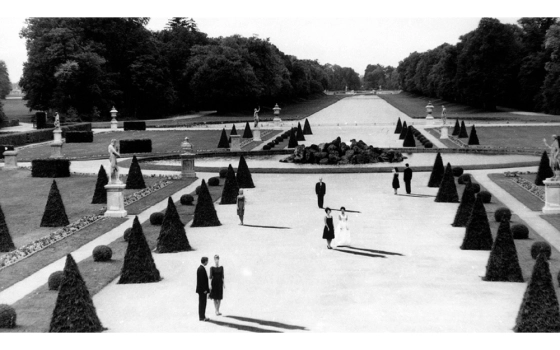
Nocturne et projection de "L'Année dernière à Marienbad" (1961) d'Alain Resnais
